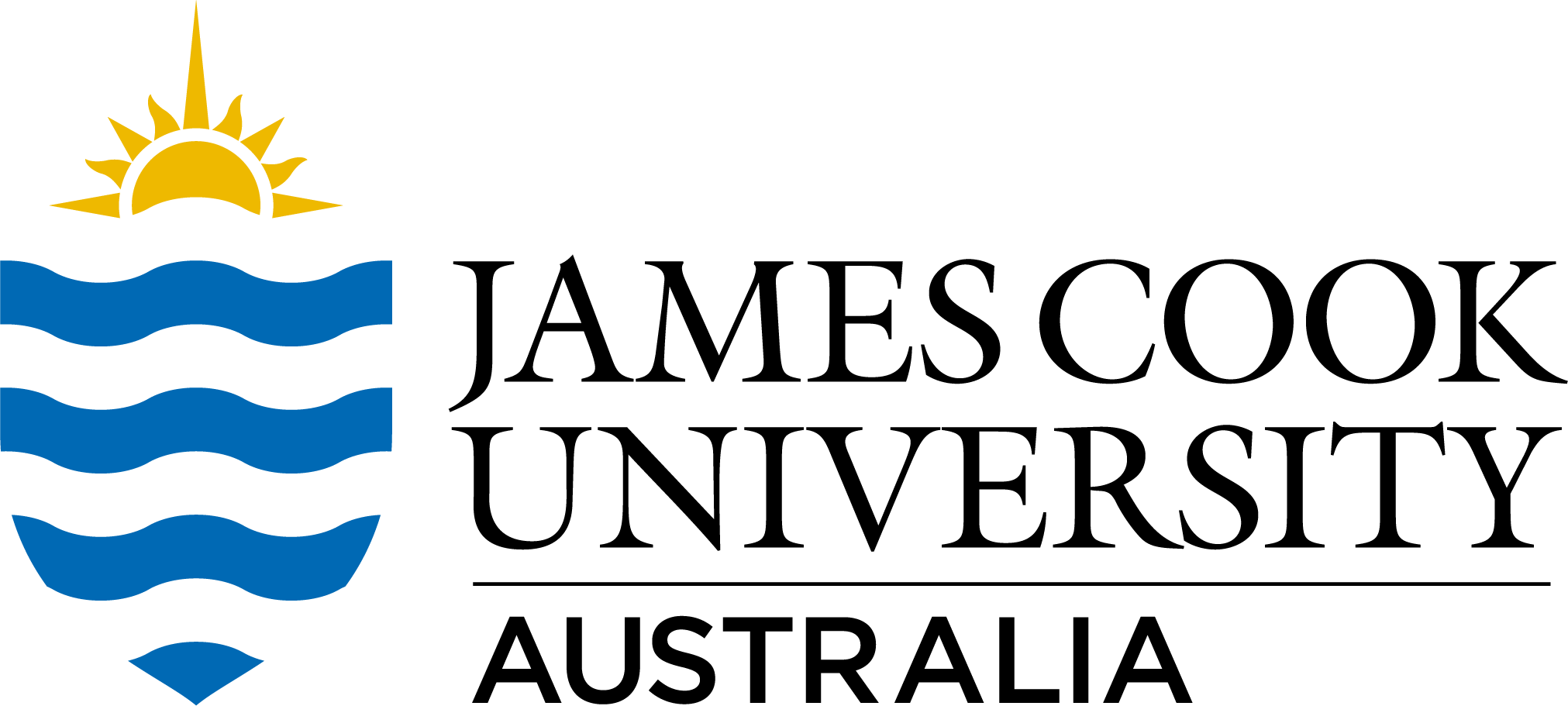Brief description
Word documents containing transcripts of six audio-recorded interviews with peer support Specialists in SingaporeFull description
Transcripts of six interviews with peer support specialists in Singapore.
[Abstract: Related publication]: Recovery-oriented mental health care approach is gaining acceptance in Asian countries, including Singapore. Following Western countries, Singapore started hiring peer support specialists (PSS) as part of mental health intervention. The purpose of this paper was to explore and understand experiences of PSS broadly in their work, their recovery journey, and their hopes for mental health services. Six PSS in Singapore were interviewed utilising a semi-structured interview schedule. Interviews were transcribed verbatim and analysed using interpretative phenomenological analysis. Four superordinate themes were generated illustrating how PSS viewed their role: embracing recovery, walking on a tightrope, support is essential, and helping to end stigma. Findings also illustrated participants’ awareness of the nature of the job and the role of PSS as still in the infancy stage. They embraced a recovery-oriented mindset despite experiencing stigma from professionals and/or their social support. The need to improve existing systems to enable PSS to perform their roles efficiently were also suggested. The limitations, contributions to the research, and several areas for future research are also outlined.
Software/equipment used to create/collect the data: Audio recorder and Microsoft Office
Software/equipment used to manipulate/analyse the data: Microsoft Office
The full methodology will be made available in the publication shown in the Related Publications link below.
This dataset consists of six de-identified interview transcripts saved in PDF format.
Created: 2022-03-24
Data time period: 2018 to 31 12 2018
Data time period:
12 months
text: Singapore
User Contributed Tags
Login to tag this record with meaningful keywords to make it easier to discover
- DOI : 10.25903/Z92X-1W08

- Local : researchdata.jcu.edu.au//published/7cdb8a00a8cc11ecbd5315609e5d92de


